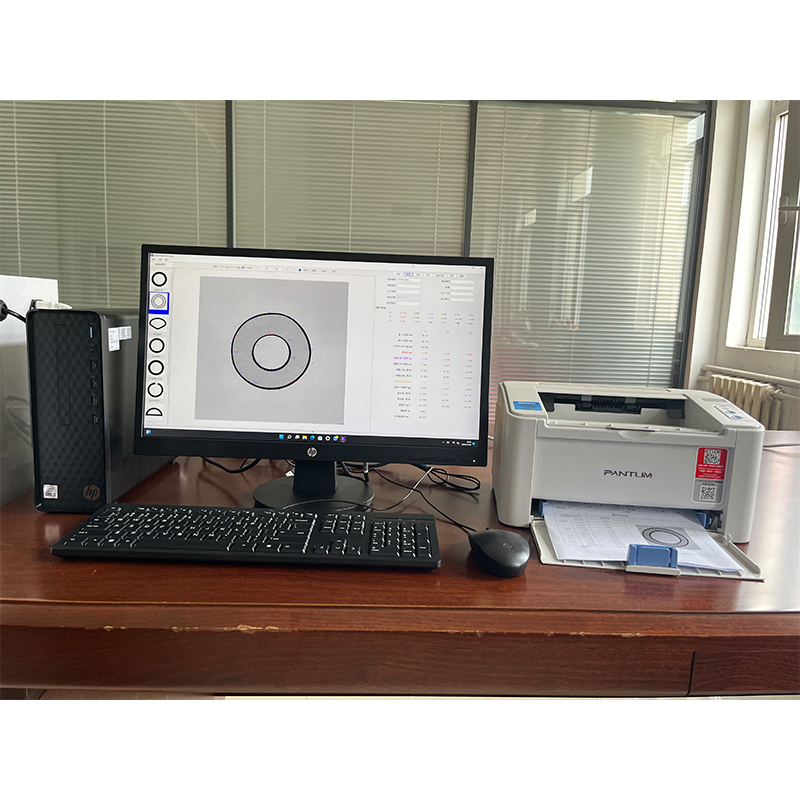conductor resistance constant temperature test companies
Understanding Conductor Resistance and the Importance of Constant Temperature Testing
Conductor resistance plays a critical role in the performance and efficiency of electrical systems. Understanding how resistance varies with different factors is crucial for engineers, manufacturers, and researchers in the electrical and electronic industries. One vital aspect of this analysis is conducting resistance tests at a constant temperature, which ensures accuracy and reliability in the results.
What is Conductor Resistance?
Conductor resistance is the opposition to the flow of electric current through a material. This resistance is affected by several factors, including the length and cross-sectional area of the conductor, the material properties, and temperature. As electricity flows through a conductor, energy is lost in the form of heat due to this resistance. Therefore, minimizing resistance is essential for enhancing efficiency and reducing energy losses in electrical systems.
The formula for calculating resistance is given by Ohm’s Law
\[ R = \frac{V}{I} \]
Where - R is the resistance (in ohms, Ω) - V is the voltage (in volts, V) - I is the current (in amperes, A)
The Role of Temperature in Conductor Resistance
Temperature has a significant impact on conducting materials. Generally, as temperature increases, the resistance of most conductors also increases. This phenomenon occurs because higher temperatures cause the atoms in the conductor to vibrate more, which increases the likelihood of collisions with electrons and interrupts the flow of current.
To ensure that tests of conductor resistance yield accurate and comparable results, it is essential to conduct these tests under controlled temperature conditions. This practice allows engineers to eliminate temperature as a variable and focus on the inherent resistance characteristics of the material.
Constant Temperature Testing
Constant temperature testing is a standardized method that ensures all resistance measurements are taken at a fixed temperature, typically 20°C (68°F). This method is crucial for several reasons
conductor resistance constant temperature test companies

2. Predictability Engineers can predict the behavior of electrical systems under varying conditions more accurately when resistance is established under controlled conditions.
3. Quality Assurance For manufacturers, conducting resistance tests at a consistent temperature is essential for quality control. Ensuring that products meet specific resistance standards is crucial for reliability and safety in final applications.
4. Regulatory Compliance Various industry standards and regulatory bodies outline the necessity for constant temperature testing. Compliance with these standards is mandatory for many products to ensure safety and efficacy in their intended applications.
Companies Specializing in Resistance Testing
Numerous companies specialize in electrical testing and provide services that include resistance measurements under controlled conditions. These companies often use sophisticated equipment and techniques to ensure precise measurements. Some notable companies include
1. Fluke Corporation Renowned for its high-quality electrical testing equipment, Fluke offers tools that support constant temperature resistance testing.
2. Megger This company provides comprehensive testing equipment designed for electrical safety and efficiency, focusing on resistance measurements in various environments.
3. Keysight Technologies Known for advanced measurement solutions, Keysight offers a range of equipment suitable for conducting precise resistance tests under controlled conditions.
4. Tektronix This company specializes in test and measurement devices, providing reliable solutions for evaluating conductor performance and resistance at a constant temperature.
Conclusion
Understanding and measuring conductor resistance at a constant temperature is foundational in electrical engineering and manufacturing. By minimizing the impact of temperature on test results, professionals ensure the quality, reliability, and efficiency of electrical components and systems. The emphasis on constant temperature testing reflects a commitment to quality and performance, which is essential in our increasingly electrified world. Whether you are an engineer, a manufacturer, or a researcher, recognizing the significance of conductor resistance testing can lead to more effective and safer electrical designs.
-
QNJ-2/3 Cable Flexibility Test Machine: Precision & Durability
NewsAug.31,2025
-
DQ-F Superfine Wire Conductor Resistance Fixture: High-Precision Testing
NewsAug.30,2025
-
ZC36 High Insulation Resistance: Reliable & Safe Performance
NewsAug.29,2025
-
CX-100 Manual Hydraulic Core Punching Machine - Efficient & Reliable
NewsAug.28,2025
-
Reliable Performance Testing with Advanced Aging Chamber Solutions
NewsAug.23,2025
-
Advancing Precision with Profile Projector Technology
NewsAug.23,2025
 Copyright © 2025 Hebei Fangyuan Instrument & Equipment Co.,Ltd. All Rights Reserved. Sitemap | Privacy Policy
Copyright © 2025 Hebei Fangyuan Instrument & Equipment Co.,Ltd. All Rights Reserved. Sitemap | Privacy Policy

